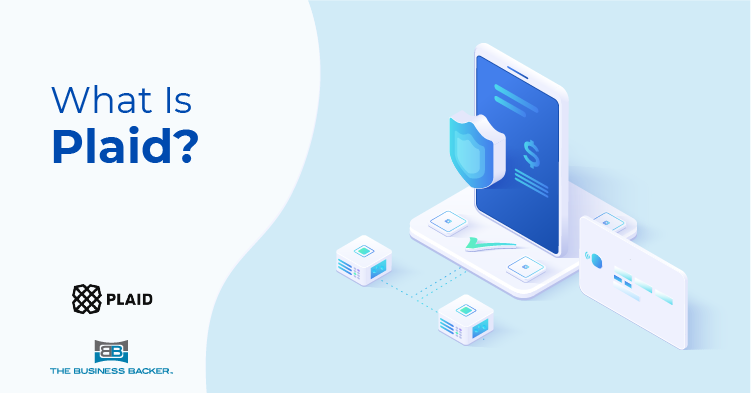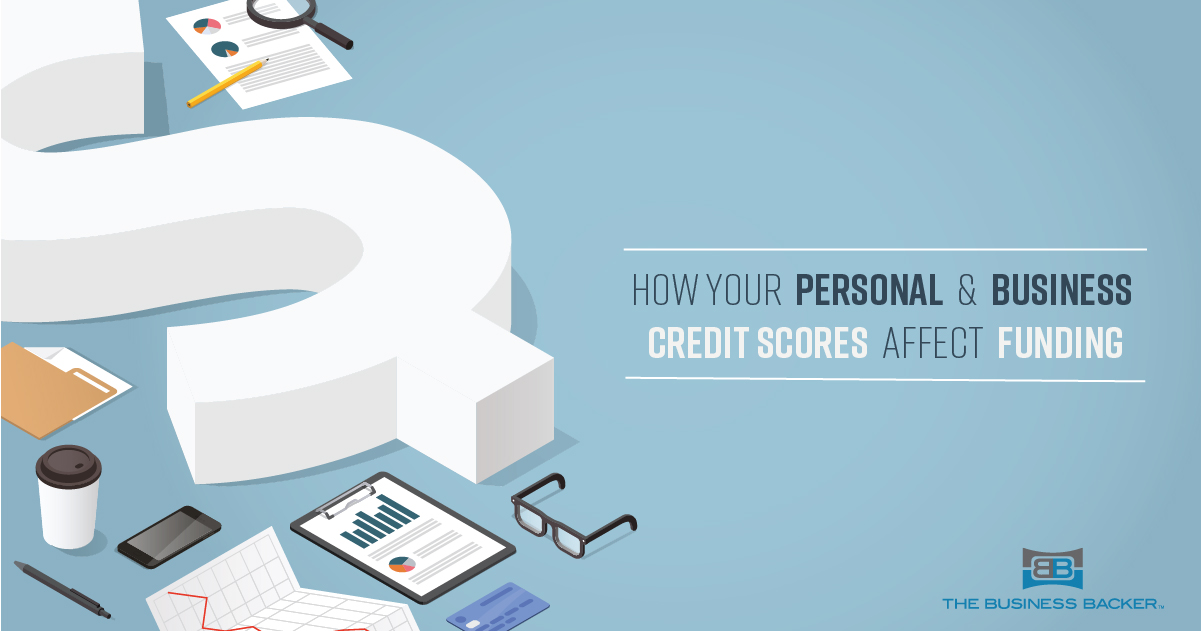What happens if I default on my loan?
Taking on a loan is a big responsibility. It’s important to understand all of the terms and conditions associated with your loan before you sign the dotted line, including what happens if you default.
Lenders and funders all handle default in different ways. For example, most banks will put your loan into collections when a payment is missed. Even if you don’t miss a payment, if a bank senses trouble they can call on the loan – which means you have to pay the full loan amount right away. Most funders monitor your payments and cash flow daily to ensure you’ll make payments on time. This is why it’s best to choose a funder who understands your business and will work with you when times are tough. If they are focused only on numbers rather than the circumstances behind them, it can put you at a disadvantage. Even if you think you might default on your loan, a good funding partner can help you succeed by taking preventative action and adjusting your repayment terms.
When considering your options for capital, two important factors to keep in mind are whether your lender will file a UCC and whether you will commit to a personal guaranty. A UCC, or Uniform Commercial Code filing, is a document that a creditor may file to a commercial lien to protect their financial interest (you can find additional details on UCCs in our Question 6 blog post). A personal guaranty means you are personally held responsible for your business loan, giving your lender the ability to seize your personal assets in order to repay the loan.
When choosing a loan, make sure to read the fine print and work with a trusted advisor who can explain all your loan terms in detail. Understanding your loan is the first step towards successfully paying it off.





